Are Tunisia and Egypt facing real unrest or a manufactured crisis?
Last Updated on July 1, 2019 by Hamad Subani
To better understand the uprising in Tunisia and the crisis unfolding in Egypt, it is necessary to understand the historical context of the situation.
During World War I, the British manufactured the phenomenon of “Arab Revolt” to breakdown the Ottoman Empire, which controlled most of the Middle East. The so-called Arab Revolt was lead by Lawrence of Arabia, an on-duty British officer. The flag of the Arab revolt bears a triangle.
But once the Ottoman Empire was dismantled, these regions were not given to “Arabs” or to councils representing Arabs. They were quickly transferred to certain secretive families within the Arabs, who may be neither Arabs nor Muslims (though they do pretend). These families went on the establish some of the most repressive governments in the entire history of the region. A good example are the rulers of Jordan and Libya. The rulers of Jordan now exclusively marry into Western ruling elite. Libya has such close secret ties with the British ruling elite that it seems that the Lockerbie bombing was “outsourced” to Libya instead of the MI6.
But since this transfer of power was done too fast and over too big a region, the Illuminati in the Western world could not transfer all of Middle East to their cousins in the Middle East. In some cases, they allowed local powers to serve as clients of Western powers.
Now, the Powers That Be no longer see the necessity of such client states run by local powers and are transferring them to the direct rule of pretend Muslims and pretend Arabs who have secret bloodlines that branch off the Western ruling elite. Is the unrest in Egypt and Tunisia a part of this operation?
We are observing that the unrest is very region-specific. It does not seem to be spreading to places like Jordan and Libya, which are already under the thumb of the Powers That Be. There is the case of German/Swedish snipers/hunters being caught in Tunisia. The Western media appears to be magnifying the crisis (This is the same media that told you that USA was attacked by Bin Laden on 9-11). Like all revolutions, the mobs only seem to be content in accomplishing a shake up of the existing power structure. Who gets to inherit the power is not questioned. In the case of Egypt, Mohamed ElBaradei is already being touted as a new leader for Egypt. ElBaradei is a trustee of the International Crisis Group. Another board member of this group is Zbigniew Brzezinski. George Soros sits on the executive committee.
ElBaradei won a Nobel prize after the Iraq War. Discerning readers will note that Nobel prizes usually recognize those who have done immense service for the Cabal. And what was ElBaradei’s service to the Cabal? Contrary to popular perception, ElBaradei facilitated the Iraq Invasion! This is best described by Gulf News’ Amir Taheri as follows:

Had Al Baradei, and his overall boss at the time Hans Blix, come out with a clear statement that Iraq did not possess any Weapons of Mass Destructions (WMDs), they might have made it impossible for the US-led coalition to invade Iraq.
On the other hand, had they reported that Saddam should take specific measures to prove that he had dismantled his arsenal of WMDs, and the political and economic structures that could rebuild them at short notice, they might have persuaded the despot to take the threat of war seriously and transfer power to a caretaker administration in Baghdad. In either case, a clear position from the inspectors might have prevented war.
Al Baradei and Blix, however, chose the worst option: they equivocated, thus encouraging Saddam in his defiance while leaving the US and its allies no option but war to enforce the UN resolutions.
In other words, ElBaradei facilitated unwarranted suspicion towards Iraq. Of course, ElBaradei did many “Nobel” things, like dismissing WMD reports that were outright forgeries, and these have been exagerated. But his role in the IAEA being used as a pawn to cast suspicion towards Iraq has been all but forgotten. Prior to the invasion of Iraq, ElBaradei promised he would resign as director of the IAEA if an illegitimate invasion of Iraq was launched. But he didn’t. ElBaradei also insists that the IAEA is not a stooge of the CIA, despite the fact that the IAEA doesn’t seem to mind Israel’s atomic program. Interestingly, ElBaradei’s most recent stint at the IAEA was involved assuaging suspicions about Iran’s nuclear program (Iran is already with the Cabal). If ElBaradei indeed has the blood of the Iraqis on his hands, the violence in Egypt would be picnic in comparative terms.

In the case of Tunisia, we know that countries that are at the forefront of the New World Order, such as France, were quick to deny exile to the former President of Tunisia. Was this inhospitality out of sympathy for the Tunisian people? Those that know the history of French involvement in North Africa know the answer. It is obvious that the Tunisian President was suddenly no longer a preferred client. We are now learning that the United States State Department is now “reviewing” the two billion dollar bakhsheesh that it has been giving yearly to the Egyptian rulers for signing the Camp David agreement that made Egypt the first Arab country to recognize Israel. Is this because the current Egyptian rulers are no longer preferred clients? Are there now better operatives in place to replace these “clients?”
I am not implying that the rulers of Tunisia and Egypt deserve to be sympathized. To the contrary, one can observe their naiveté in trusting Western powers and Western Intelligence Agencies. Little do they know that being good clients does not exempt them from the predatory designs of their Western counterparts. In fact, the more willingness they show to become the perfect thugocratic client state of Western powers, the more susceptible they become to overthrow by the Powers That Be. I will show two historical cases to demonstrate the same.
The Iranian Revolution of 1970
While the Iranian Revolution did represent popular sentiment, it was more on the lines of an Islamicized French Revolution (mob rule, executions, secret courts, destruction and displacement of the former ruling class etc.) The revolutionaries managed to create a powerful police state that now spearheads the clash of civilizations rhetoric prescribed by the Powers That Be. The secret ties of the Western ruling elite with some of the revolutionaries has been documented and needs no repetition here.
The most tragic part of this revolution was the naiveté of the rulers of Iran. Reza Shah, a cavalry soldier, was brought to power by the British to supplant the Qajar dynasty that ruled over Iran (Mossadegh had blood ties to this great dynasty). Reza and his successor, Reza Pahlavi assumed that the continuation of their rule depended upon continued subservience to Western Powers as operators of a client state. Little did they know that the Powers That Be saw them only as temporary placeholders until Iran was consolidated under a new regime that was to play a critical role in advancing the “Clash of Civilizations” agenda. Reza turned over the police, intelligence and economic affairs of his country to his Western “friends” who promptly set out to use them to create the conditions necessary for the revolution. In fact, the revolution would have never succeeded were it not for the measures pioneered by Reza’s Western friends. Once the revolution was underway, Reza was even denied exile in Western countries. Apparently, he was no longer a preferred client. The Powers That Be now had Iran. They didn’t need a client anymore. Even in exile, members of the Pahlavi dynasty still saw themselves as likely client candidates for Iran, much to the irritation of the Powers That Be, who secretly opposed them at every turn. One major prince associated with this dynasty has committed suicide in Boston. If only the Pahlavis better understood that Western powers were no longer interested in their client services.
The 1977 Egyptian Bread Riots
In 1970, an opportunist, Anwar Sadat, became President of Egypt. He be believed that he could assure his perpetual survival by kowtowing to Israel and the United States. He went to great lengths to ensure just this, even humiliating the entire Arab World by signing the Camp David agreement. Little did he know that the same Powers he was kowtowing to were also actively seeking to replace him with their own people. In 1977, Sadat naively assumed that opening up Egypt’s economy to the West would bring in Western capital. The World Bank moved in, insisting that he remove subsidies on food and divert that money towards the World Bank instead, so that he could get loans. Sadat could not comprehend that he was financing his own overthrow, and naively towed along. What followed were the Bread Riots in which 800 Egyptians were killed and Sadat was almost overthrown. Sadat managed to quickly cancel the World Bank policies before he was overthrown. But the Powers That Be never give up. Sadat was assassinated by an Islamist group, although it seems that this event did not bring up the desired shakeup (and therefore the current crisis).
There is no doubt that those who carried on the assassination were authentic jihadists who had deep grudges with Sadat. But it appears that there were certain secretive and shadowy elements who coordinated the assassination, who at the same time managed to avoid the limelight. One such shadowy operative, Ayman Zawahiri is believed to have procured the weapons used in Sadat’s assassination, although he avoided any involvement in the actual operation. He later infiltrated Bin Laden’s organisation and succeeded in introducing a “clash of civilizations” rhetoric, which jeopardised the operations of Bin Laden. Although it did help bolster the case of Bin Laden being involved in the events of 9-11. After 9-11, Zawahiri released a number of videos gloating how his group carried the attacks, and special messages for his followers. Unlike the Bin Laden gloat videos which were never fully authenticated, Zawahiri’s videos appear to be authentic, suggesting he has survived (or was allowed to survive) the American onslaught and continues to infiltrate Jihadist groups. Such videos serve little purpose other than being a viral marketing campaign for the necessity of the War on Terror. Like a true operative of Western Intelligence, Zawahiri would go globetrotting prior to 9-11 on multiple fake passports, to places as far off as Thailand and Switzerland. He was believed to have also worked for Russian Intelligence (to suppress the Chechen jihad) and Iranian Intelligence (which was an adversary of the Taliban).
Conclusion
Tunisia and Egypt have always faced real unrest. But the failure of their client rulers to address the unrest has resulted in outside forces hijacking dissent to stampede in their New World Order. I don’t expect the remaining client states in the Middle East to suddenly put their people’s interests before themselves. But at least, in the interest of common sense, they should be able to distinguish between friend and foe. Serving as a client state for Western Powers is no longer as lucrative as it once was. It can be downright dangerous, as Western Powers are now bent on supplanting clients with people straight from their think tanks. If only the client rulers of the Middle East knew that think tanks and intelligence agencies based in Western countries were bigger sources of mayhem than the unarmed protestors on the streets.


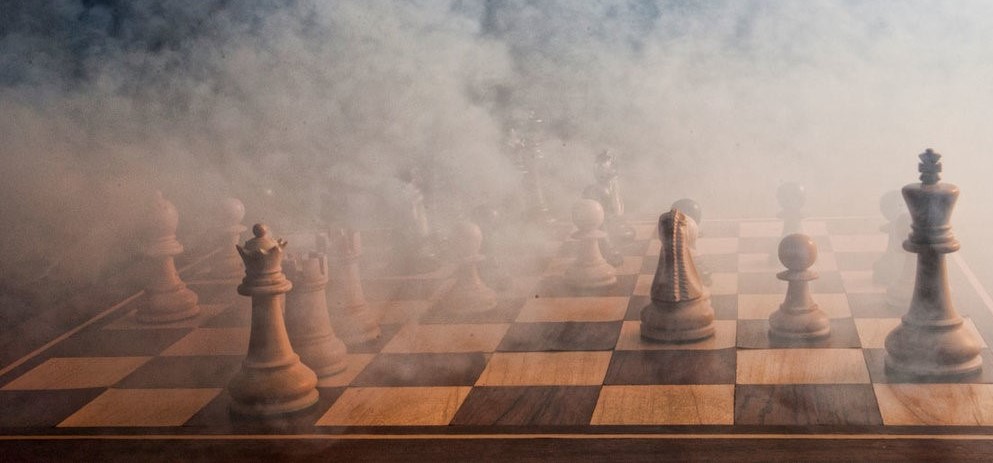


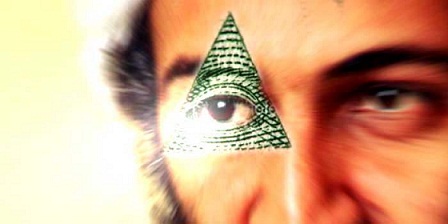
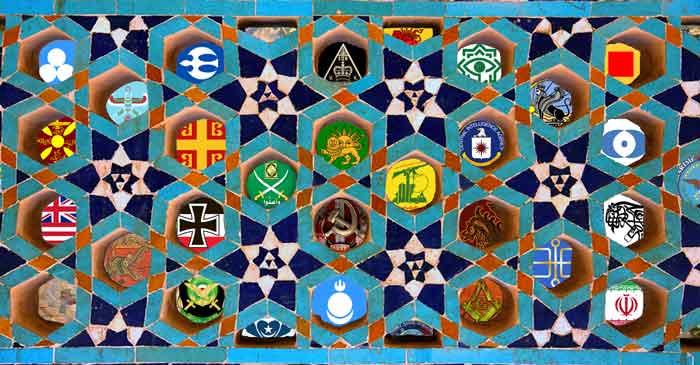
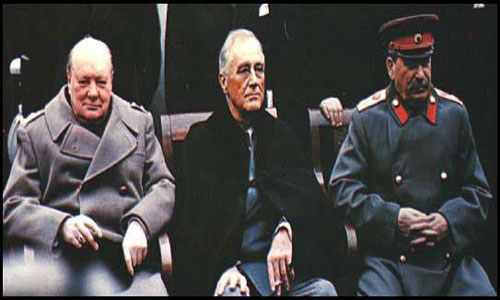

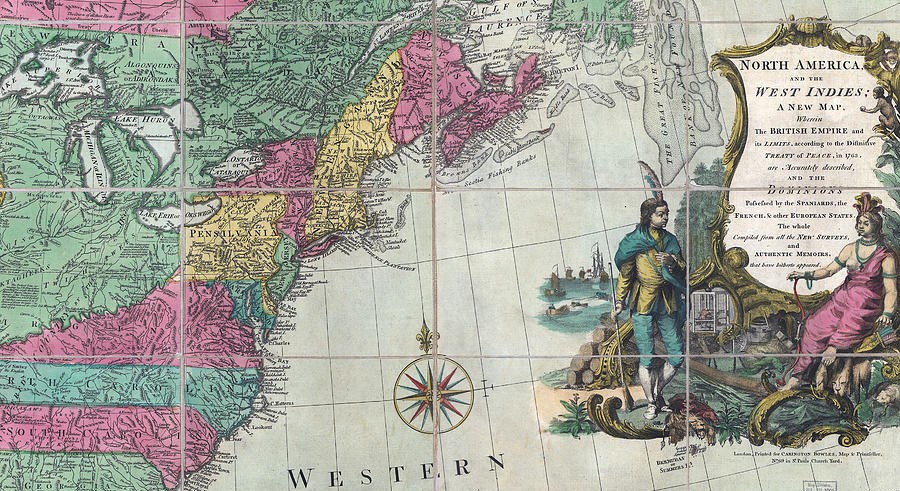
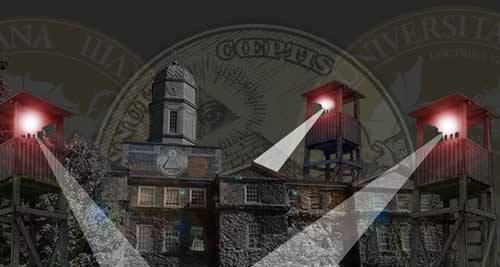
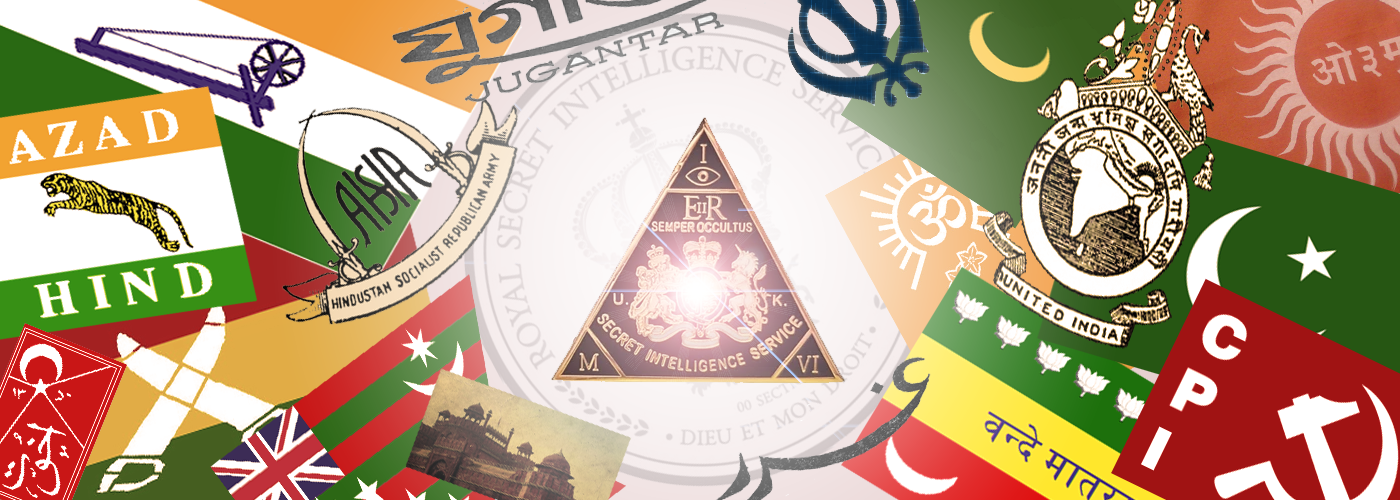
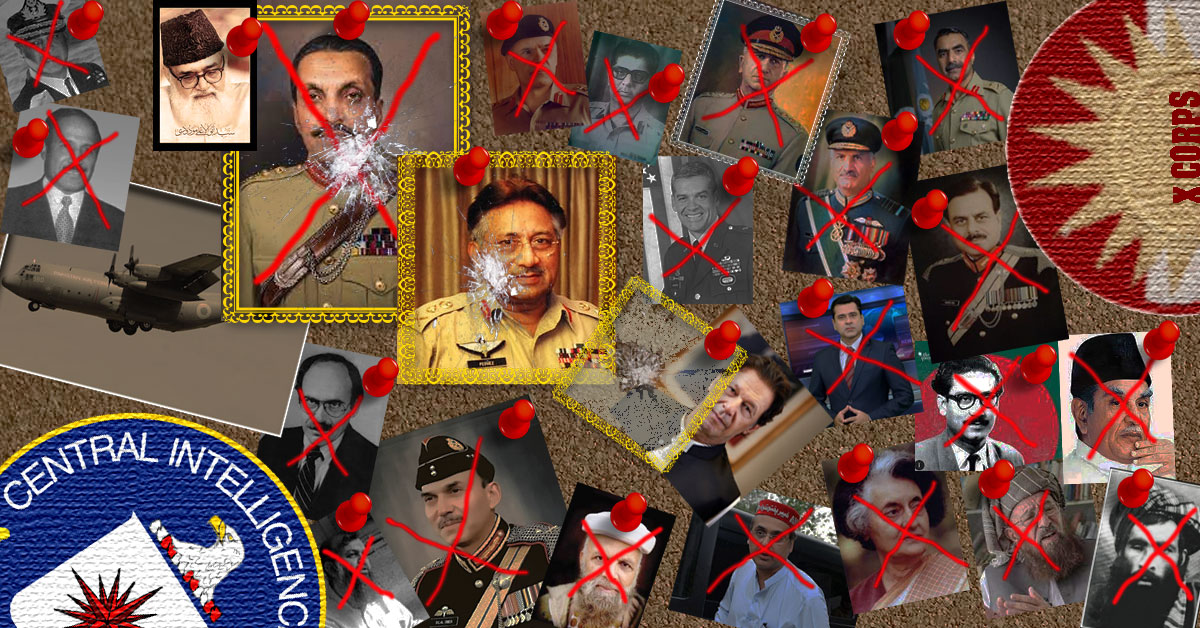



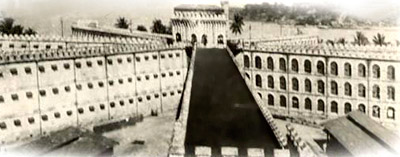

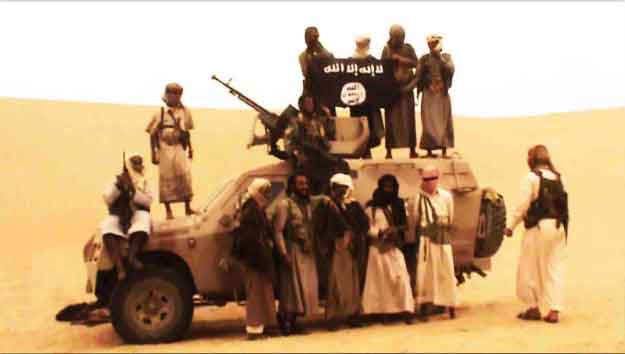
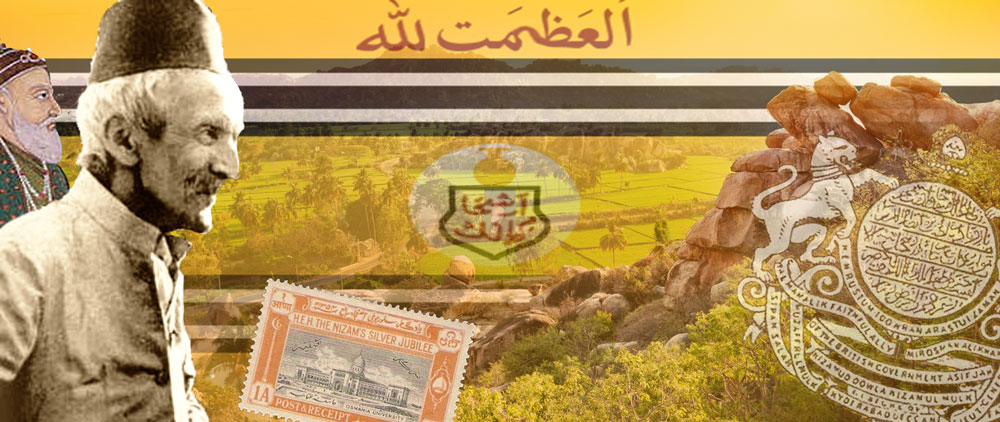





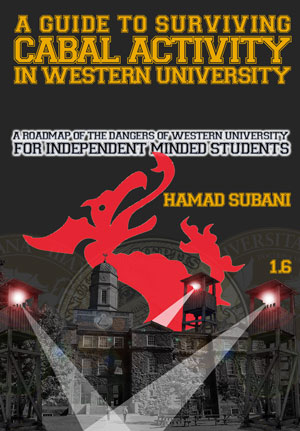
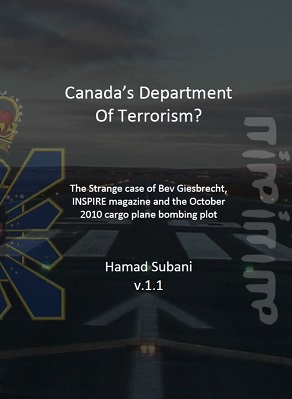
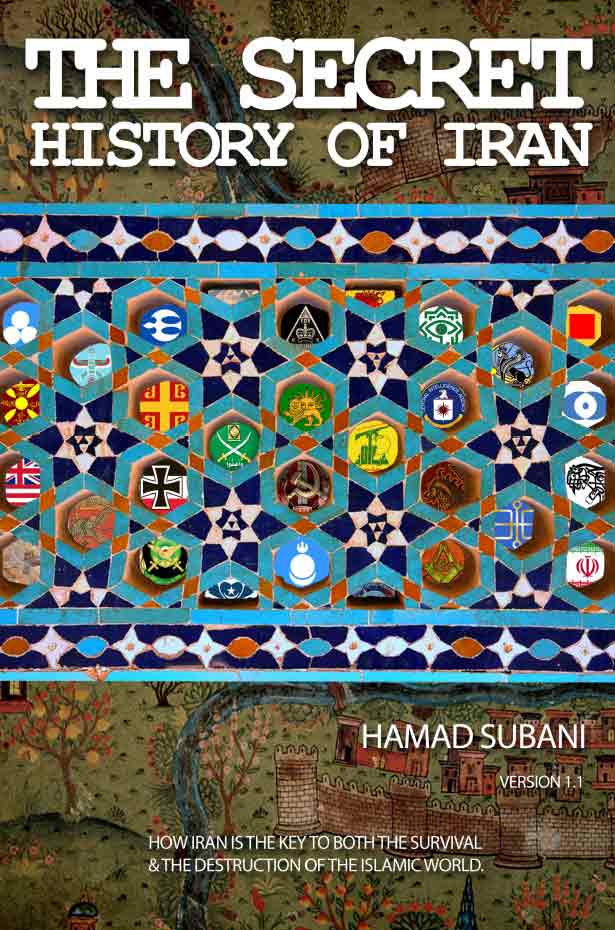
http://www.infowars.com/us-student-arrested-in-ta…
The US embassy in Cairo is investigating the detention of Sweeney and two other students at the American University of Cairo: Luke Gates, 21, of Bloomington, Indiana, and Greg Porter, 19, of Glenside, Pennyslyvania.
The three were arrested during clashes outside the interior ministry on Monday, authorities said.
Adel Saeed, a spokesman for the Egyptian general prosecutor’s office, told CNN: “The three boys were throwing molotov cocktails, and had no passports on them when they were picked up. They have been questioned by the police and will be further investigated by the Cairo prosecutor.”
Egyptian state television showed footage of them standing against a wall, with pictures of their driving licences and ID cards spread out next to what it said were petrol bombs.
Article on US contracting revolutions to tech firms:
http://www.infowars.com/us-contracting-tech-firms…
To quote an email newsletter dated 03/02/2011 published by Barry Chamish,
Prof. Henry Makow has written another article on the same:
http://www.henrymakow.com/egypt_the_hidden_agenda…
The Telegraph has an excellent article:
http://www.telegraph.co.uk/news/worldnews/africaa…
To quote,
You have George Soros and Zbibniew Zbrzezinsky all over this. Plus it will fit into Albert Pike's plan for World War III outlined in his 1871 letter to Giuseppe Mazzini. If the Muslim Brotherhood takes there will be a war between Israel and the Arab.
there is also an excellent analysis of the destabilization campaign @ http://tarpley.net/2011/01/29/us-uk-destabilizati…
For further reading, Prof. Henry Makow has an excellent article on this unfolding phenomenon:
http://www.henrymakow.com/egypt.html